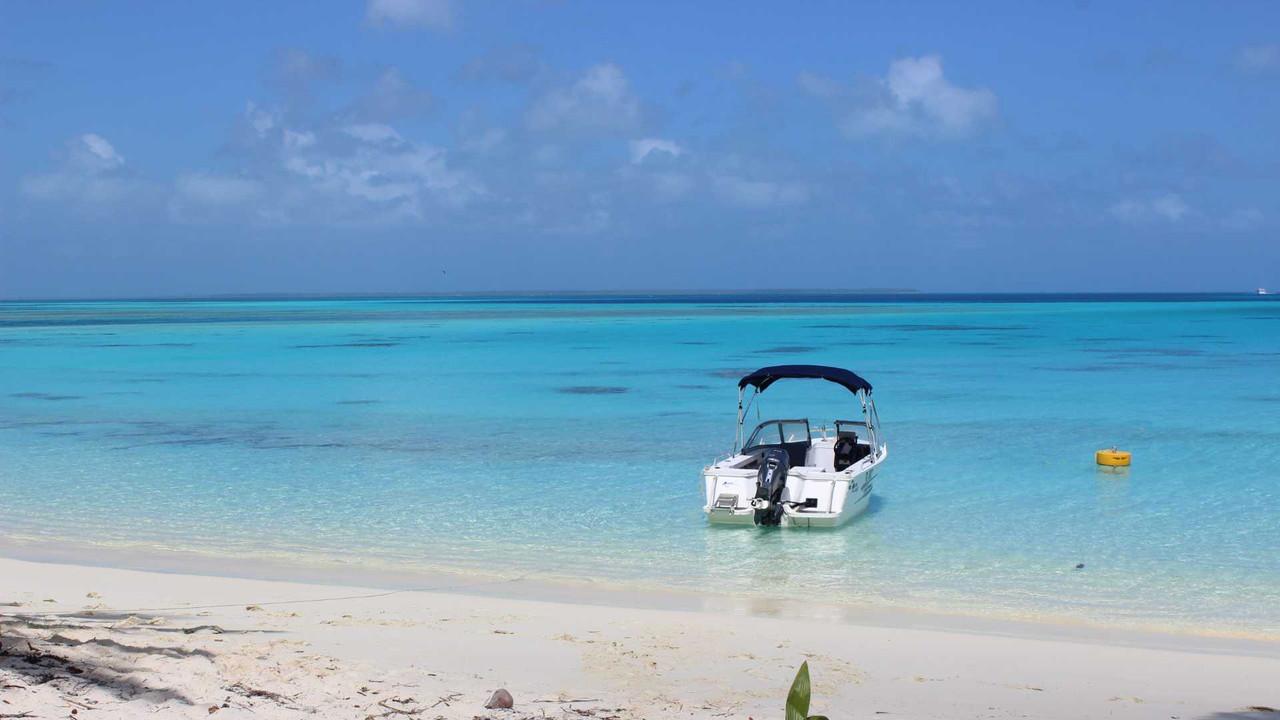Cocos (Keeling) Islands
Tax Obligations Detailed
Discover employer and employee tax responsibilities in Cocos (Keeling) Islands

Employer tax responsibilities
Employers have several tax responsibilities that they must fulfill. One of these is the Superannuation Guarantee, which requires employers to contribute at least 10.5% of an employee's ordinary earnings into a complying superannuation (pension) fund. This rate is scheduled to gradually increase in the coming years.
Payroll Tax
While not applicable in all Australian states and territories, some jurisdictions might levy a payroll tax on employers based on total wages paid. It's essential to verify if the Cocos (Keeling) Islands impose a payroll tax.
Workers' Compensation Insurance
Employers are required to obtain workers' compensation insurance to cover workplace injuries and illnesses. Contribution rates vary between insurance providers and are often calculated based on industry risk and the employer's claims history.
State/Territory Variations
While federal laws set a baseline, state and territory regulations could add specific employer-side contributions. Verification is needed to determine if the Cocos (Keeling) Islands have any unique territorial requirements.
Remember to check with the Australian Taxation Office for details on superannuation guarantee, payroll tax (if applicable), and other potential employer obligations. The official government website of the Cocos (Keeling) Islands might offer information on any territory-specific employer tax contributions. Insurance providers can also provide details on worker's compensation insurance premiums.
Employee tax deductions
In Australia, several federal deductions are applied to an employee's income. These include income tax, which is withheld at source based on a progressive tax rate structure. The Medicare Levy, a 2% deduction from taxable income, is used to fund Australia's public healthcare system. Higher-income earners without private hospital insurance might also be subject to the Medicare Levy Surcharge.
Other Potential Deductions
There are other potential deductions that an employee might encounter. For instance, if an employee arranges for additional voluntary contributions to their superannuation (pension) fund, these can be made through payroll deductions. If an employee has incurred higher education debts through the Higher Education Loan Program, Student Financial Supplement Scheme, or Trade Support Loans, repayments might be deducted from their salary. Furthermore, if applicable, union membership fees can be deducted from salaries.
Considerations
It's important to note that Australian tax rates and deduction amounts can change, so it's always necessary to refer to the Australian Taxation Office for the most accurate information. Additionally, it's important to verify if there are any unique territorial deductions on top of the federal ones, especially for those working in specific territories like the Cocos (Keeling) Islands.
VAT
The Cocos (Keeling) Islands utilize the Australian Goods and Services Tax (GST) system, which is analogous to VAT in other countries. GST is a broad-based consumption tax of 10% added to most goods and services. Businesses that are registered for GST are generally responsible for collecting GST on their sales and can claim back GST paid on their purchases.
GST Registration
There are two types of GST registration:
- Compulsory Registration: Businesses with an annual GST turnover of $75,000 or more must register for GST.
- Voluntary Registration: Businesses below the threshold may choose to register voluntarily.
Taxable Supplies
A taxable supply generally refers to the sale of goods or services for payment within the Cocos (Keeling) Islands in the course of business. Most services provided within the Cocos (Keeling) Islands are subject to GST.
GST-Free and Input-Taxed Supplies
There are two types of supplies that are exceptions to the general rule:
- GST-free: Certain supplies, such as basic food items, health, education, and exports are GST-free. No GST is charged on these.
- Input-taxed: Some supplies, like financial services, cannot have GST charged on them. Businesses providing input-taxed services cannot claim GST credits on related expenses.
Calculating GST
The GST amount is calculated as 1/11th of the price of a taxable supply.
Invoicing and Reporting
Businesses registered for GST must issue tax invoices for taxable supplies over $82.50 that include specific information. Regular GST reporting through Business Activity Statements (BAS) is mandatory for registered businesses.
Tax incentives
Cocos (Keeling) Islands generally follows the Australian tax system. The corporate tax rate is currently 28.5%. However, there may be concessions for small businesses. Companies considered residents of the Cocos (Keeling) Islands are taxed on their worldwide income. Non-resident companies are generally taxed only on income sourced within the islands.
Limited Specific Incentives
The Cocos (Keeling) Islands, due to their small size and limited economic development, offer a relatively narrow range of specific tax incentives for businesses compared to larger economies. However, some potential areas to explore include:
- Start-up and Small Business Concessions: There might be concessions available in terms of tax rates or filing requirements for small businesses or start-ups in the Islands. Consulting with the Australian Taxation Office is essential for the latest updates.
- Development Incentives: There may be incentives present to promote development in specific sectors or areas within the Cocos (Keeling) Islands.
- Tourism-Related Incentives: Given the potential for tourism growth, there might be tax breaks or concessions for businesses operating in the tourism sector.
Important Considerations
- Information Availability: Detailed information on current tax incentives in the Cocos (Keeling) Islands may be limited. Contacting the Department of Infrastructure, Transport, Regional Development, Communications, and the Arts is a good place to start for updated information.
- Expert Advice: Seek the guidance of a qualified tax advisor with expertise in the Cocos (Keeling) Islands to discuss potential incentives and strategies tailored to your specific business operations.